The evolution and ecology of psilocybin in nature
…potential adaptive advantages psiloids may confer to fungi. Fungi produce diverse metabolites that can have antimicrobial, antifungal, antifeedant, or psychoactive properties. Among these metabolites are the tryptamine-derived compounds psilocybin, its precursors, and natural derivatives (collectively referred to as psiloids), which have played significant roles in human society and culture. Original Article (SSRN):The evolution and ecology…

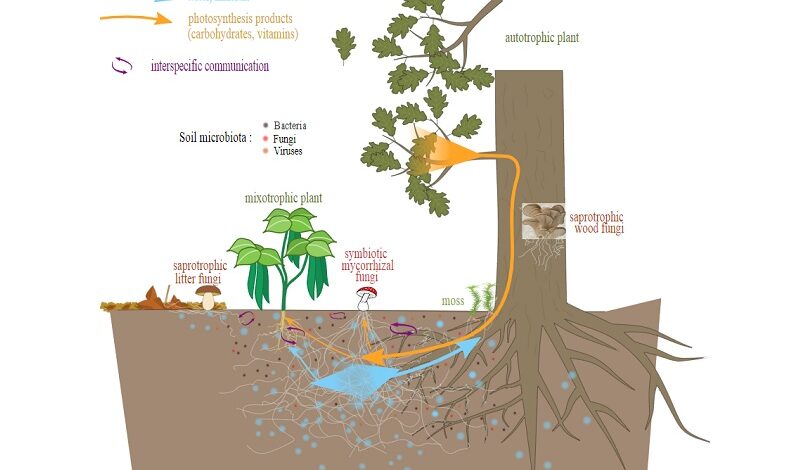

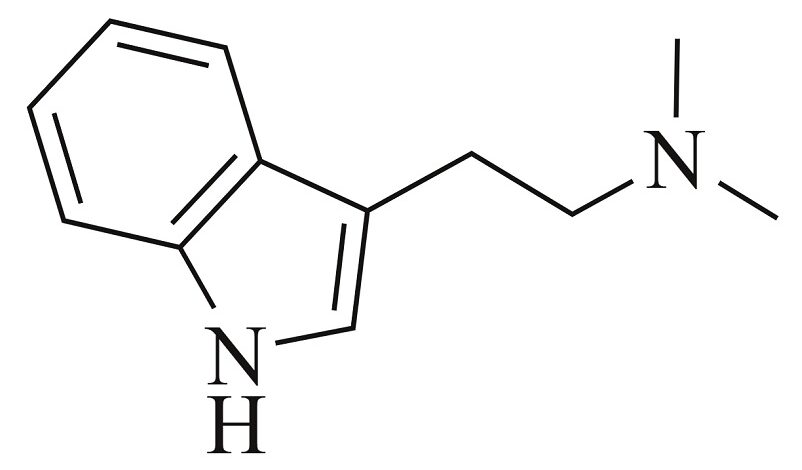

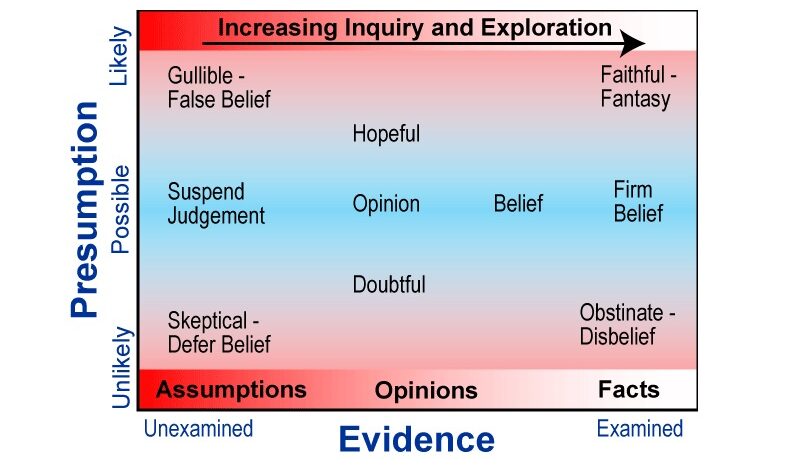



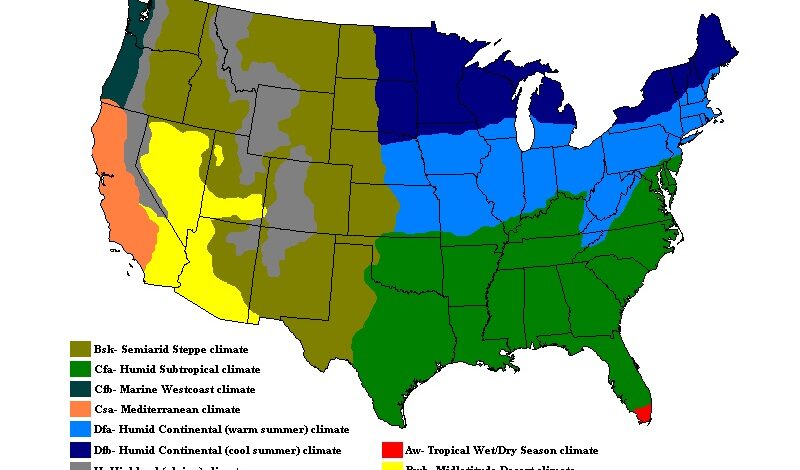
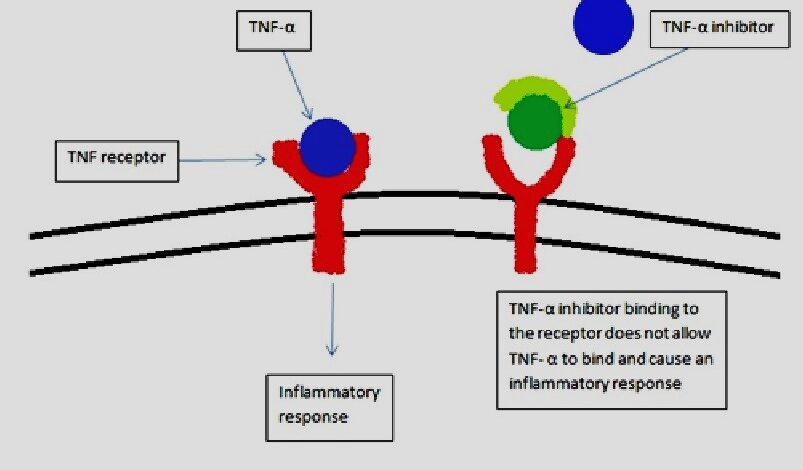
Recent Comments